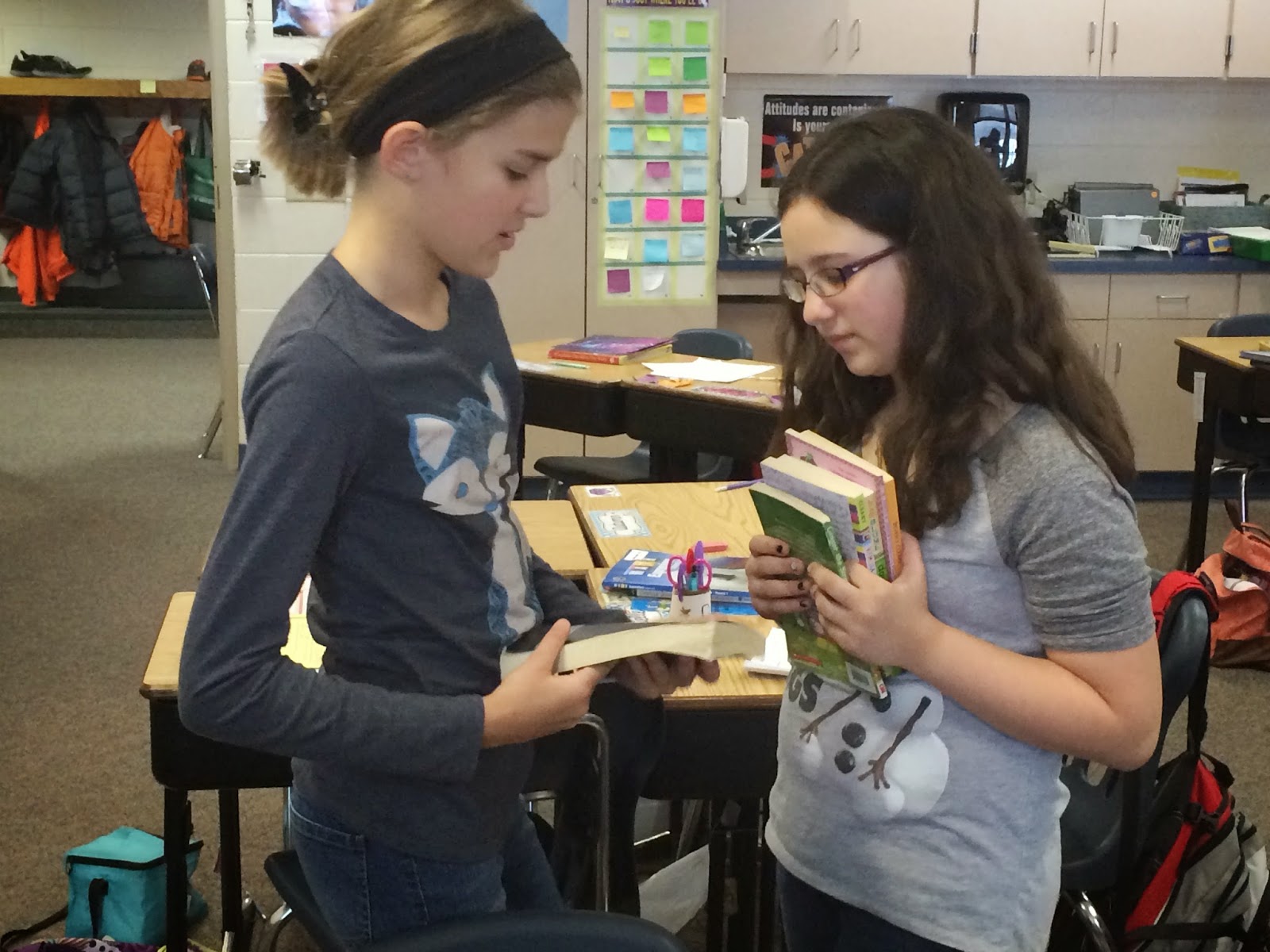My beloved Green Bay Packers had just blown a 12 point lead to lose the final playoff game against the Seattle Seahawks. Whereas I had already started planning the green and gold appetizers I would serve at my Super Bowl party, I was now it total...utter...shock.
How did this happen?
According to NBC Sports, the statistics were definitely in the Packers' favor to win when they were ahead. The Seahawks only stood a 1.8% chance of coming back from the 12 point deficit with 10 minutes left in the game to beat the Packers and earn their trip to the Super Bowl.
1.8%.
That's IT.
Returning to school the next day, my good friend Bridget and I were talking about the game and she asked, "How can we turn this loss into a learning moment for our students?" Surely, our young southeastern Wisconsin students would be majorly bummed that the Packers blew it.
This got me thinking.
This past year, I have been learning a lot about growth mindset and implementing it in my classroom. I have written about how a growth mindset has helped us in math and how the word "YET" is now a part of our daily classroom vocabulary. The Packers' loss -- or rather, the Seahawks victory -- was a perfect way to talk about growth mindset.
When my 4th graders arrived and we we had our "Thirty Second Share" about our weekends, I took the time to address the football game.
I asked my students how many of them thought the Packers were going to win. Almost every hand went up.
Then I shared the statistic with them. I explained (in very 4th grade words) what probability was and that some experts had predicted that the Seahawks only stood a l.8% chance of coming back and winning the game. To make it even more concrete, I explained that that was like less than two pennies out of a dollar.
"Ohhhh...."
"But they did it," I said. "The Seahawks worked hard and put forth a great effort and won the game. They didn't care if they only stood a 1.8% chance of winning. They just did what they had to do and the rest took care of itself."
Then I asked students to think about someone in the room who they felt was an awesome reader. You know the ones -- they always have a book in their hands, talk about books, seek out new books, actually read during silent reading time. How do we think they became that way?
It wasn't by sitting back and doing nothing.
Sure, maybe they were born with some talent, but if they didn't nurture it with effort, nothing would come of it. What about someone in our classroom who is good at math? Did math just come easy to them? Nope, they put in a lot of hard work and effort to get to where they are today.
I then asked my students to think of something in school that is giving them some trouble and to consider the amount of effort they were making in that area. Were they able to see that maybe, just maybe, they were having trouble because they weren't putting in their best effort? That a little extra effort could be the difference between success and staying the same? Between being that awesome reader and one who just gets by? Between understanding fractions and failing at them?
So the word "EFFORT" has now joined the word "YET" as a regular part of our classroom vocabulary. It's right there, on the front board, as a constant reminder of what's important to help us learn.





















.pptx.png)
